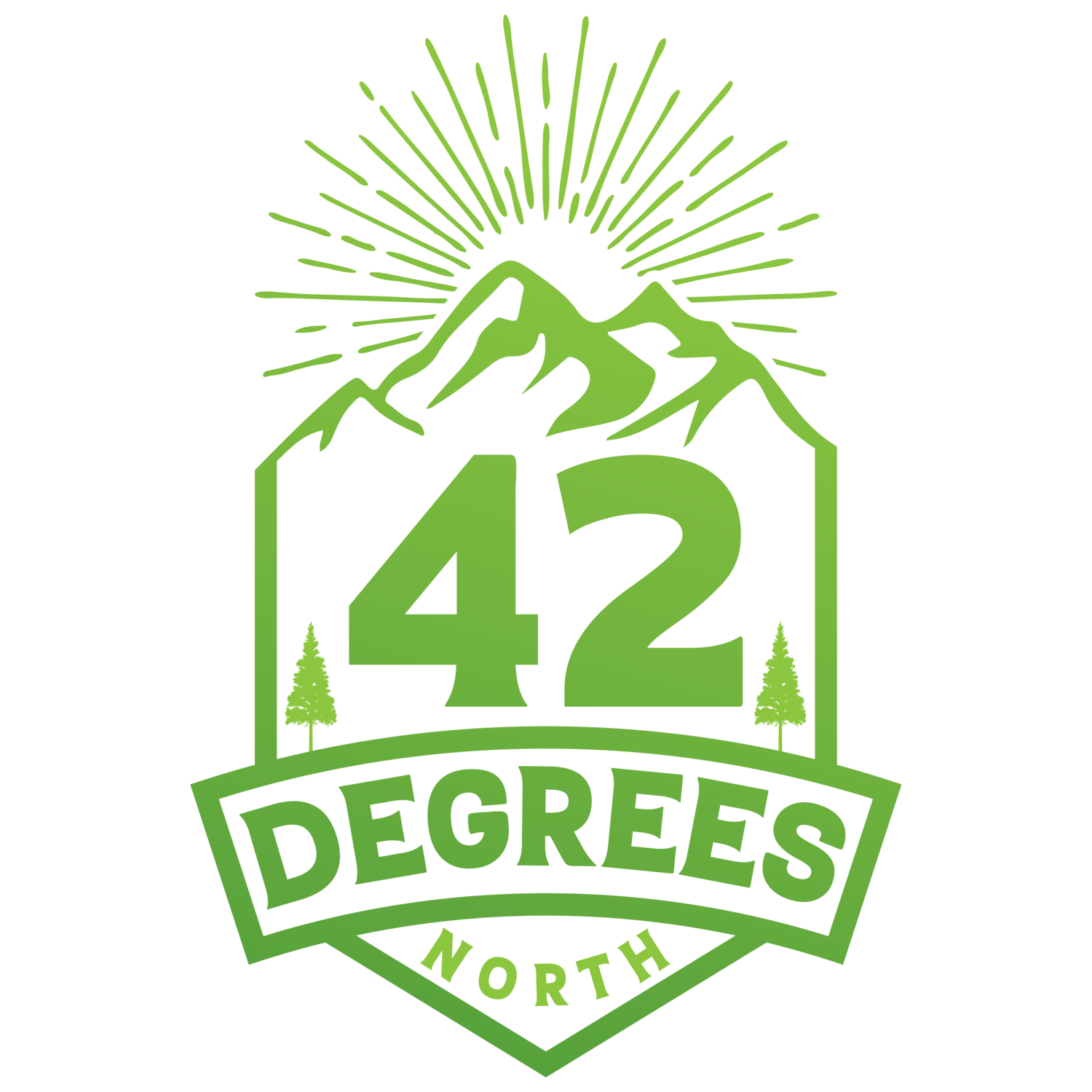Mountain Biking Is a Gamechanger For Ski Resorts
2025 has been a great ski season and hopefully still has a ways to go, but mountain biking is emerging as a fast growing, season extending sport. Golf has long been the natural summer partner in ski resorts, but mountain biking brings another demographic and has the advantage of being able to leverage much of the same infrastructure used for skiing.
Holimont and Holiday Valley both have amazing bike parks that utilize the skiing infratructure and there are additional trails in McCarty Hill and Rock City State Forests. The International Mountain Biking Association ranks the Ellicottville Loop as Epic!
Holimont and Holiday Valley
Known for its diverse trails, HoliMont provides options for all experience levels. The park's trails connect to over 35 miles of additional routes, including the renowned Ellicottville Loop. HoliMont also hosts events like the EVL Trail Fest, featuring group rides, races, and live entertainment.
Offering lift-serviced mountain biking, Holiday Valley allows riders to access higher elevations with ease. The resort provides bike rentals, including TREK Roscoe Hard Tail bikes and kids' bikes, accommodating families and riders of various ages.
Diversifying operations, extending seasons
Ski resorts around the world are increasingly turning to mountain biking as a sustainable and profitable way to diversify their operations. What was once a purely winter-based business model is now evolving into a year-round tourism economy, with mountain biking playing a central role. From increased revenue to job creation and regional development, the economic benefits of mountain biking for ski resorts are substantial and growing.
One of the most direct economic advantages is the ability to generate off-season revenue. Ski resorts typically experience a significant drop in visitors once the snow melts. However, by repurposing existing infrastructure like chairlifts, trails, and lodges for summer use, resorts can extend their operational calendar and attract a new wave of outdoor enthusiasts. Mountain bikers spend money on lift-access passes, bike rentals, lodging, meals, guide services, and gear — providing a strong economic boost during what would otherwise be a quiet season. Resorts such as Whistler Blackcomb in Canada and Park City in Utah have proven that summer mountain biking operations can become a multi-million-dollar contributor to annual revenue. Queenstown in New Zealand anticipates that mountain biking will generate 50% of the revenue skiing generates by 2026. A study in Golden, BC found that mountain bikers stay an average of 2.8 nights.
Strengthening Resort Communities
Additionally, mountain biking helps support year-round employment, reducing the economic strain of seasonal layoffs. Jobs in trail building, maintenance, hospitality, retail, and tourism services can continue through the spring, summer, and fall. This not only creates stability for workers but also improves employee retention and reduces training costs for employers. Businesses such as short term rentals, hotels, restaurants, and gear shops benefit from a more consistent flow of customers, leading to a healthier, more resilient local economy.
Mountain biking also offers a relatively low-cost investment with high returns. Building and maintaining bike trails is generally more affordable than snowmaking, grooming, or lift upgrades for winter operations. Many resorts can adapt existing ski runs for bike use with minimal environmental impact or construction costs. Furthermore, mountain biking doesn’t rely on unpredictable snowfall or cold temperatures, making it a more reliable income stream in the face of climate change.
Beyond the resort itself, mountain biking can stimulate regional economic development. Riders often travel in groups, stay for multiple days, and explore nearby towns, spreading their spending across a wider area. This can lead to the growth of bike-friendly services such as cafes, breweries, shuttle companies, and adventure tour operators. Local governments often see increased tax revenue and justification for investing in supporting infrastructure like signage, parking, and public amenities.
In conclusion, mountain biking presents a powerful economic opportunity for ski resorts seeking to evolve into year-round destinations. It brings in valuable revenue during off-peak months, sustains local employment, and fosters regional tourism development. As outdoor recreation trends continue to shift , ski resorts that embrace mountain biking are not only diversifying their income but also future-proofing their business models for long-term success.
